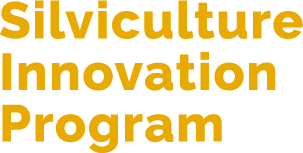This document explores the increasingly severe wildland fire situation in B. C. , driven by climate change and accumulated forest fuels, with an emphasis on the urgent need for a whole-of-government provincial landscape resilience strategy. It is str...
This document explores the increasingly severe wildland fire situation in B. C. , driven by climate change and accumulated forest fuels, with an emphasis on the urgent need for a whole-of-government provincial landscape resilience strategy. It is structured to detail the current wildfire context, analyze the significant social and ecological impacts of catastrophic wildfire, and examine the current governmental and non-governmental responses to wildfire governance in the province, including the critical role of First Nations and local governments. Ultimately, the primer The document calls for a fundamental shift toward proactive prevention and mitigation measures, highlighting the need to vastly expand fuel management efforts and adopt a comprehensive, collaborative approach to build lasting social-ecological resilience across B. C.


